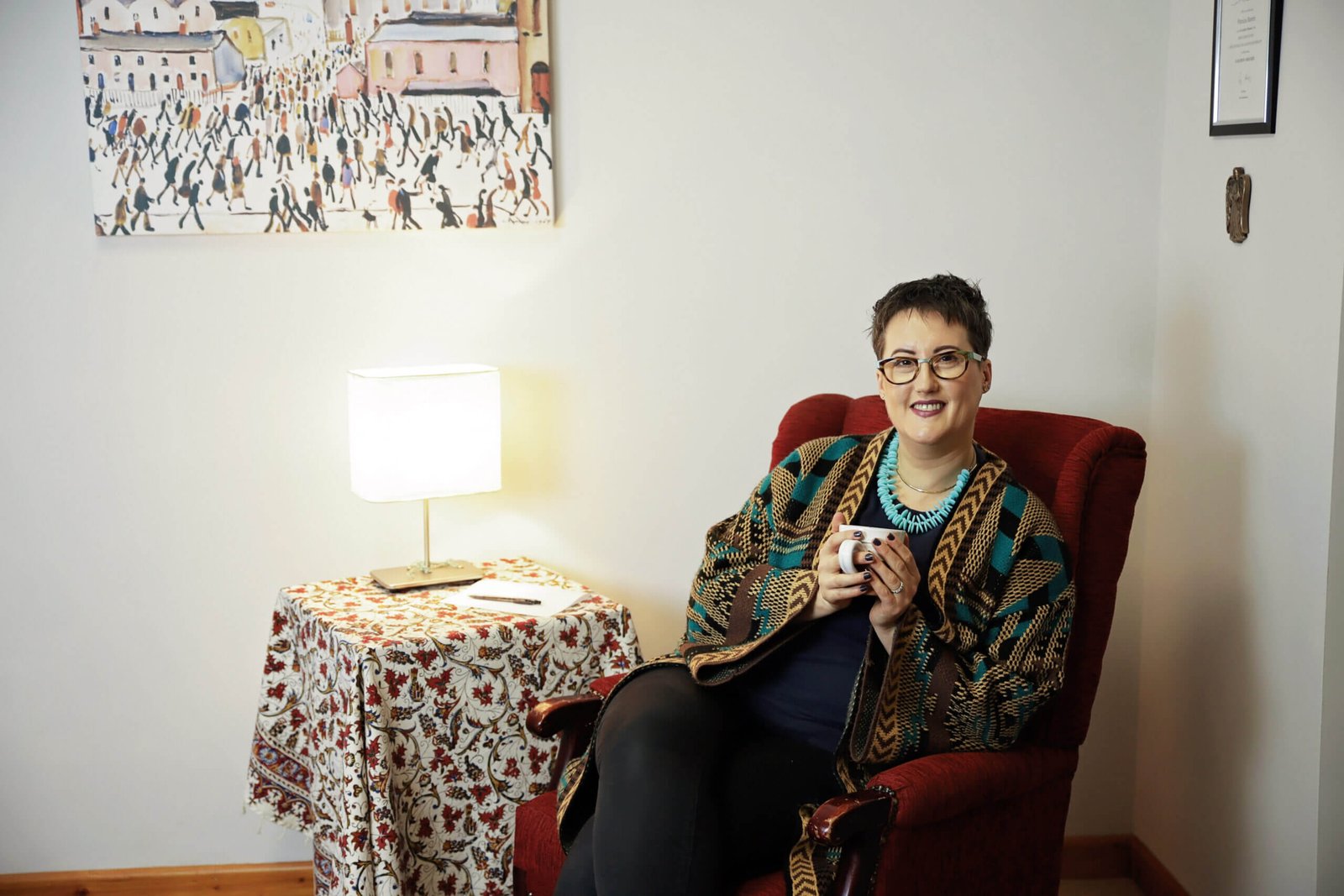Children experience many fears and I’m pleased that your child has come to you with this. I remember when I was six waking up really upset that my Nan was going to die. She didn’t die for another twenty years, but I remember that fear so vividly.
Death is like taxes; both inevitable and painful. However explaining this to a child has to be done delicately and authentically. Being honest about death is important. You can explain what death is “when the heart stops beating inside a body,” then put your child’s hand on your heart,feel and count how strong the beats are. If you’re unwell, perhaps with a diagnosis, you can reassure your child that “I am being taken care of and the Doctor etc is doing all they can to help”.
Often with these big fears parents do too much explaining and exploring why. Logic is a different language to the language of emotions, so using logic to try to remedy an emotion won’t work. Logic can be a distraction from experiencing the feeling of fear. With any big feeling we want children to experience feeling them. Trying to use empathy will really help “oh gosh, that’s a big fear” and then explaining (just a little) about how fear is for you. For example, you might say “fear makes me have loads of racing thoughts and stories in my head. It can make my heart beat really fast and I can feel a bit panicky”. Try to use simple words that make sense to a child and then stop. Be with your child and see what comes.
Fear becomes safe when a child is with their parent, the emotion has been seen and validated and hung out with. The important part of this is that you let your child know that fear is normal and that “I am here to help you with it”. The thought of your Mum dying is really scary if we think about it, but my impression is that the reader doesn’t want this to escalate and take over.
My therapeutic experience is that children have an uncanny way of mirroring back to the parent some part of their story which has yet been made emotionally safe within the adults. Families are systems where one person’s experience impacts the others in that system and children will always mirror back to the family a piece of the puzzle that has yet to be remedied. So I’d ask the reader – “were you intentionally or unintentionally abandoned by your mother?”. This might be physical or emotional. If the answer is yes, then your child is actually mirroring to you the part of you that is yet to be ok with this.
Healing this part of you will decrease your child’s worry.
If anything in this blog resonates with you and you’d like support to create change, you’re welcome to book a free call with Bethan here to explore your support options. Make sure you download your free 5 Steps to Calmer Parenting. If you’re looking for immediate parenting support, you can start your free 7 day trial in the Calm Parenting Club where you’ll find the answers to your parenting problems and be supported to become the parent and person’ you’d like to be.

